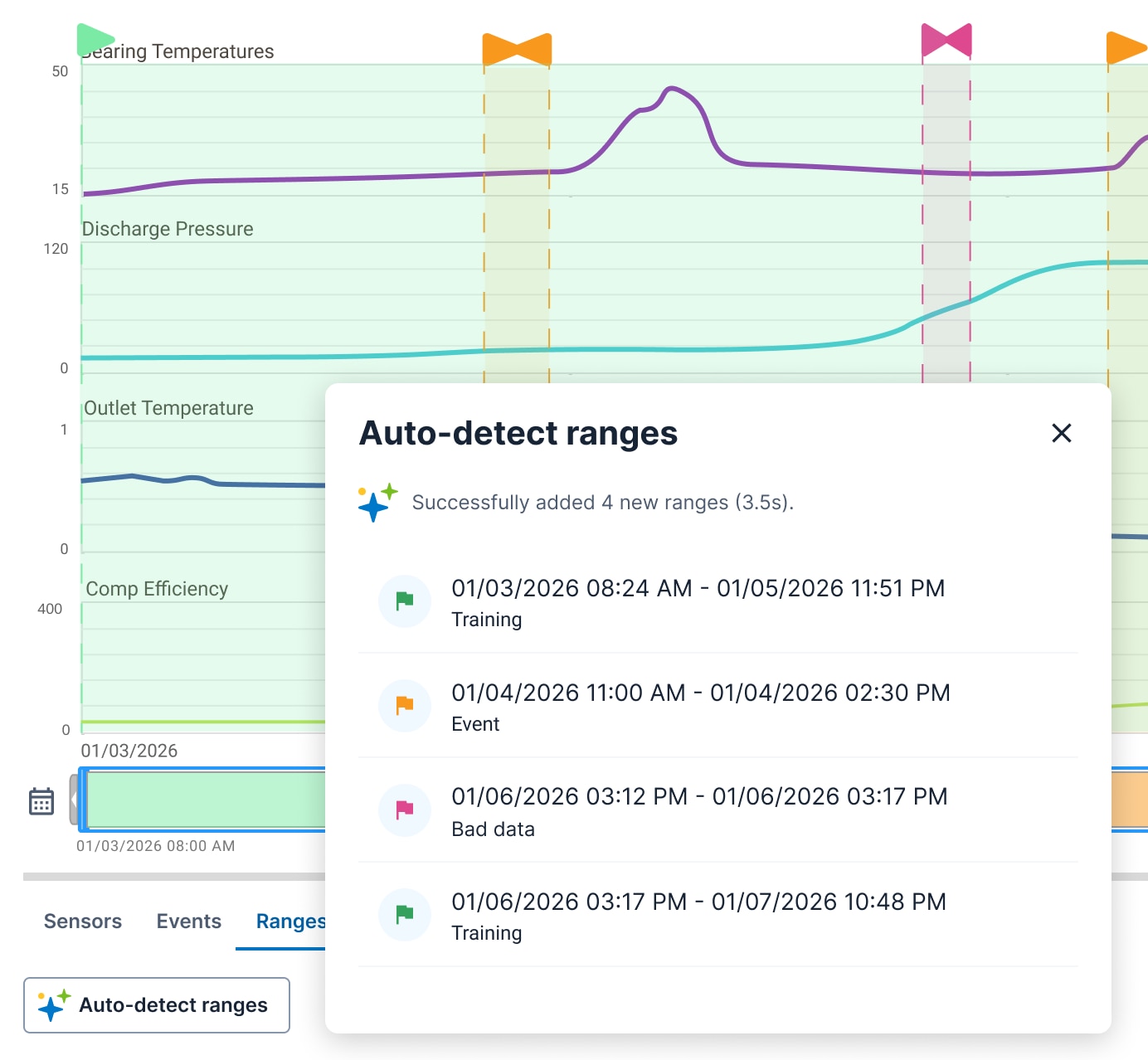Emerson Redefines Scalable Industrial Reliability with AI-Driven Asset Performance Management
New release enables companies to achieve rapid ROI and ensure continuous operational improvement.

New release enables companies to achieve rapid ROI and ensure continuous operational improvement.